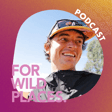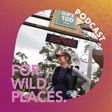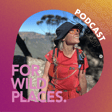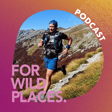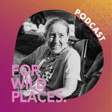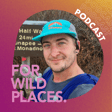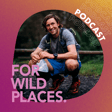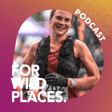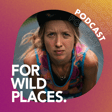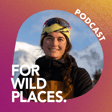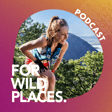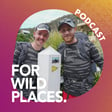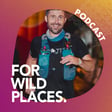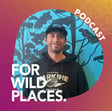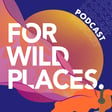
6. Lessons from 25 years in ultra running with Krissy Moehl
US race director, coach, author, and pioneer of the US ultrarunning scene, Krissy Moehl, joins us to chat about all things longevity, community, patience, and adventure. Krissy is a legend of ultra running and has been a part of the sport from its early dirtbag days to race calling at UTMB in 2024. Krissy's lessons in life and running are invaluable, so much so that she's written the go-to book on running your first ultra.
After our initial chat from 2023, we checked in with Krissy in early 2025 to hear how her 23rd-year race directing at the Chuckanut 50 is shaping up and the importance of the community during difficult times.
You can follow along on Krissy's adventures on Instagram, check out her impressive racing history or buy a book on her website, or find out more about the Chuckanut 50.
To hear more from For Wild Places, subscribe to our newsletter or become a member.
